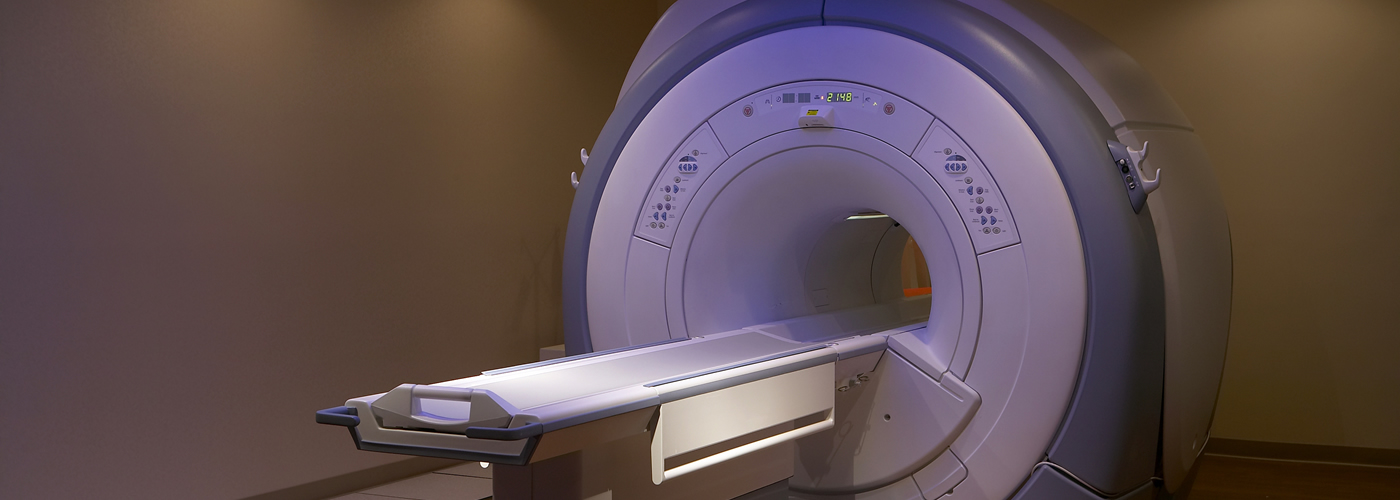| Categories: MRI Accreditation | Author: Resonant Healthcare Imaging Solutions | 0

If you are involved in the management of an orthopaedic or diagnostic imaging center, you already know how important it is to provide your patients with the highest quality imaging services. If you offer magnetic resonance imaging (MRI) or are considering offering MRI in the future, MRI accreditation can provide financial benefits and assure your patients that your facility cares about quality and adheres to the industry’s highest standards.
MRI accreditation is a process through which orthopaedic and diagnostic imaging facilities prove that the MRI services they provide meet or exceed specific industry quality standards. In addition to ensuring that the facility is using appropriate technology, accreditation also signifies that the facility employs trained personnel, adheres to patient safety protocols, and follows other quality-assurance requirements.
Generally, MRI facilities must apply for accreditation, complete a self-evaluation, provide detailed information on all aspects of facility operation, submit case studies or phantom scans for review, pay an accreditation fee and, in some cases, participate in an evaluation during a site visit. Most accreditation programs also require that the facility implements a quality-assurance program, puts staff through relevant continuing medical education (CME) training and participates in annual testing.
The American College of Radiology (ACR) and the Intersocietal Accreditation Commission (IAC) offer MRI accreditation. ACR offers MRI accreditation in breast MRI and cardiac MRI. The IAC offers MRI accreditation in specific modalities, including:
IAC and ACR offer accreditation for other types of imaging, including computed tomography (CT), ultrasound, positron emission tomography (PET), and nuclear medicine. RadSite, another accrediting organization, offers a single-application accreditation for CT, MRI, PET, and single-photon emission commuted tomography (SPECT) imaging systems.
According to the Medicare Improvements for Patients and Providers Act of 2008 (MIPPA), any facilities that bill Medicare under Part B of the Medicare Physician Fee Schedule for MRI services must be accredited by an advanced diagnostic imaging accrediting organization that is designated by the Center for Medicare & Medicaid Services (CMS). Hospitals are exempt from this requirement because they generally do not bill under the Medicare Part B Physician Fee Schedule.
ACR, IAC, and RadSite are all CMS-approved accreditation organizations. Depending on the MRI modality and practice setting, state law and private insurers also may require accreditation.
The MRI accreditation process can take from three-to-six months, but can sometimes take more or less time. During the process, facilities will be given a deadline to provide a certain number of case studies or phantom scans for each MRI scanner to prove that they meet quality standards. They also will be required to provide detailed information about personnel and facility operation. After all required information is submitted, the review process typically takes 8-12 weeks.
Yes. Accreditation generally expires in three years and is conditional upon annual testing and ongoing quality control.
There are many benefits of MRI accreditation, including promoting the use of better equipment, elevating quality standards, improving efficiency, cutting downtime, and facilitating better MRI services overall. Accreditation requirements also can encourage staff development by improving employees’ knowledge, confidence, and technical proficiency.
MRI accreditation also provides financial benefits. Because Medicare insures many retired and disabled Americans, MRI accreditation enables non-hospital facilities to receive Medicare reimbursement for MRI services. And, depending on private insurance requirements and state laws, MRI accreditation can affect your facility’s ability to participate in network-based insurance plans or offer modality-specific services.
Additionally, by ensuring that your facility implements an approved quality-control plan and participates in annual testing, MRI accreditation can reduce your chances of MRI system failure and help you to find minor equipment problems before they become major, costly headaches. Finally, accreditation will improve your facility’s image and make your commitment to quality clear to your patients.
If you are considering MRI accreditation, our MRI specialists at Resonant Healthcare Imaging Solutions can help you decide which accreditation to pursue and guide you through the process. For more information or to speak with a Resonant expert, please contact us.
Be the first to leave a comment.